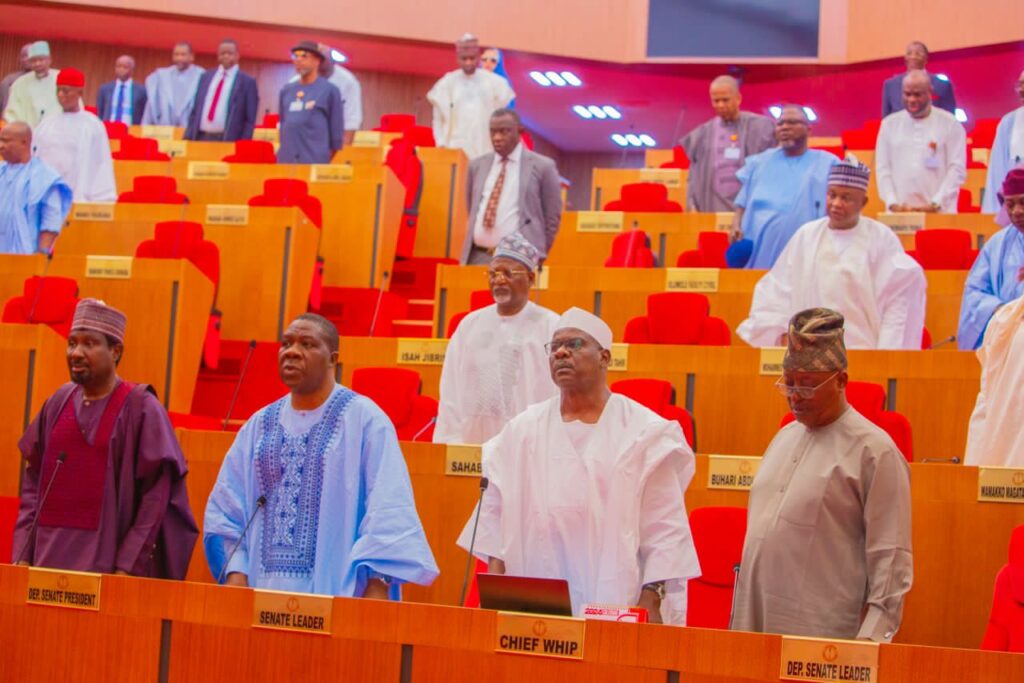External auditors of the Nigerian National Petroleum Company Limited (NNPCL) and the National Petroleum Investment Management Services (NAPIMS) on Tuesday clashed with the Senate Committee on Public Accounts over their refusal to appear before the committee.
The committee had earlier invited the auditors to respond to queries raised in pre-2023 audit reports of both NNPCL and NAPIMS.
However, the auditors, through a letter from their solicitors, Afe Babalola & Co, declined the invitation, citing ongoing litigation involving the audit issues. They argued that appearing before the committee would amount to subjudice.
Unconvinced by the excuse, the committee issued a counter-letter dated 15 May 2025, directing the auditors to appear without fail on 20 May 2025.
The letter, titled “Re: Special Legislative Inquiry on the External Auditors to NNPCL and NAPIMS,” clarified that the committee was not a party to any court case involving the auditors and therefore not bound by subjudice claims.
“The external auditors have a duty of full disclosure regarding any pending litigation, including furnishing the committee with relevant court processes to assess whether the National Assembly or Senate is directly involved,” the letter read.
It warned that failure to comply could prompt the committee to invoke its constitutional powers to compel attendance.
Despite the directive, none of the external auditors appeared before the committee on Tuesday.
Instead, they were represented by their solicitor, Oyetola Muyiwa Atoyebi (SAN), who was barred from making any submission during the session.
Speaking with journalists after the session, Atoyebi maintained the auditors’ stance, reiterating that their absence was to avoid legal complications.
“The committee had earlier been informed that the external auditors would not appear because the issues under review are subject to ongoing litigation. Any appearance or submission could amount to subjudice,” he said.
“In fact, it is also subjudice for the committee itself to deliberate on matters currently before a court of law,” he added.
The standoff signals a growing tension between the legislature and private auditing firms over the boundaries of legislative oversight, especially when matters overlap with judicial proceedings.
















